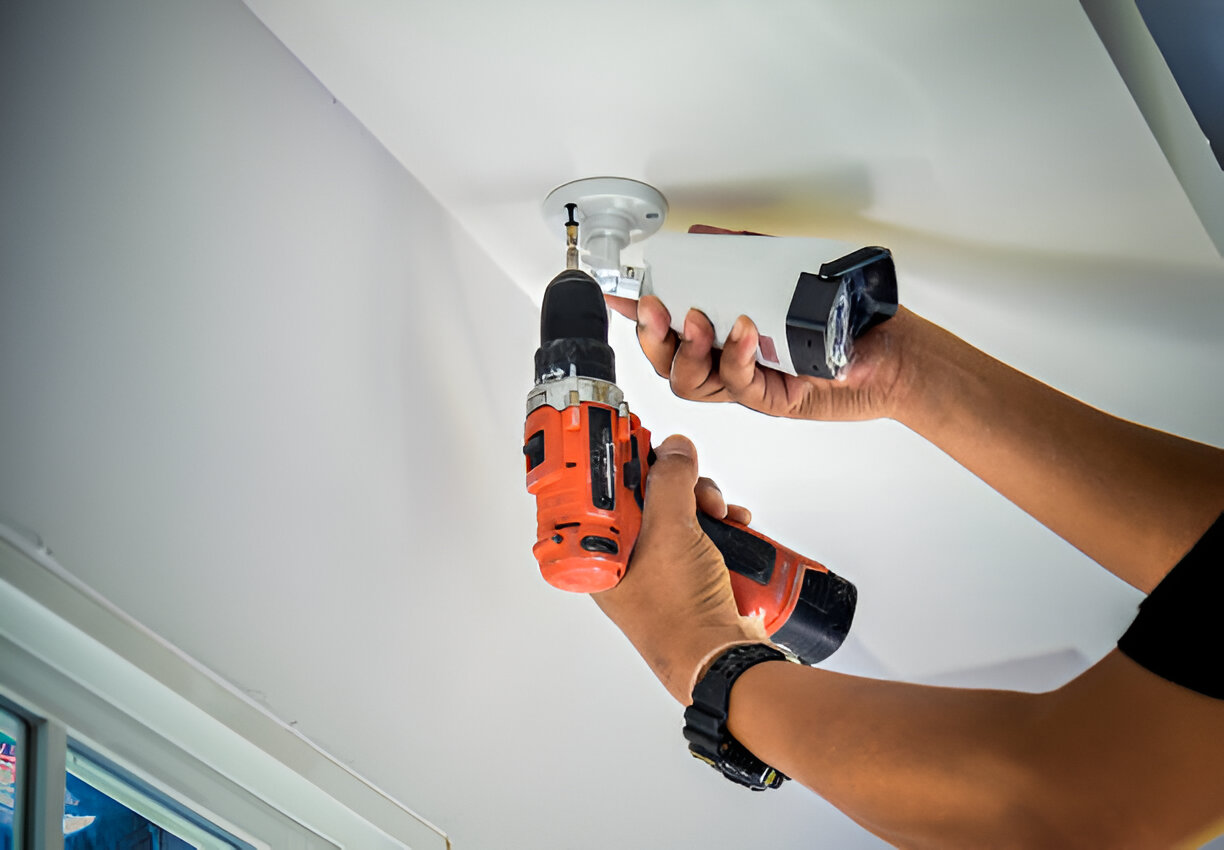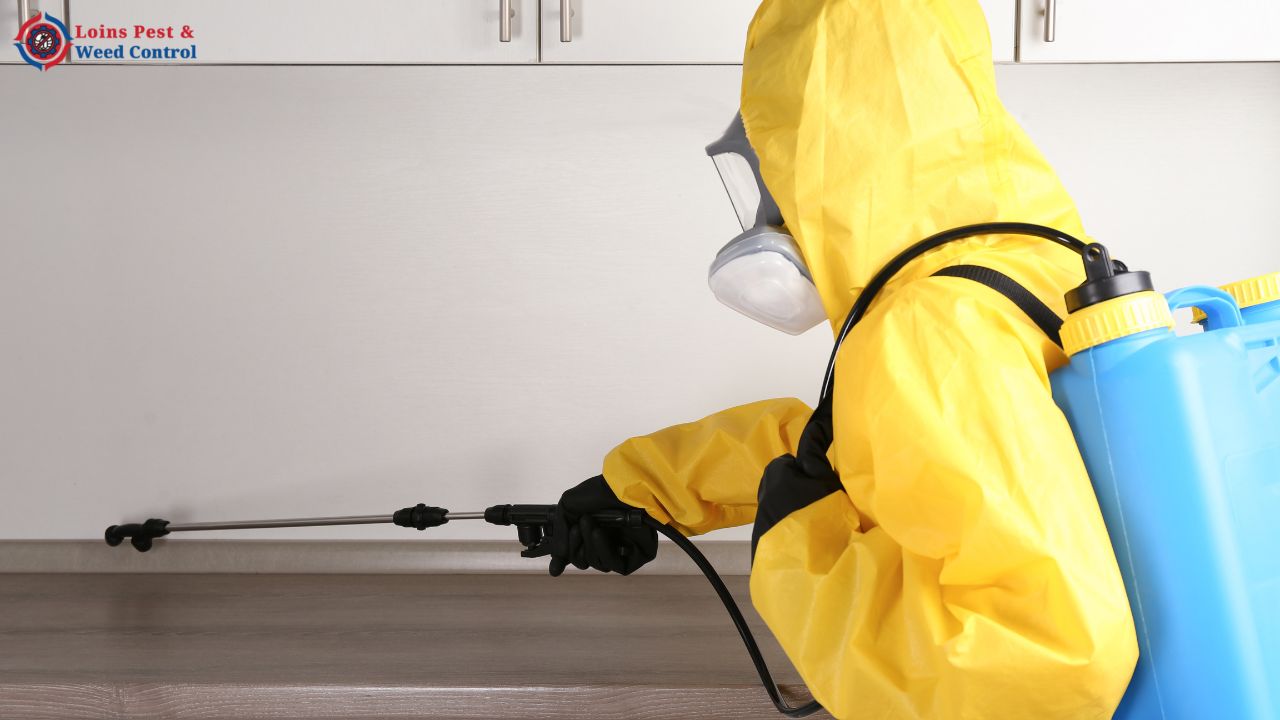Introduction
Security is a universal concern, and as threats evolve, so does the technology to counter them. CCTV camera installation has emerged as an essential tool to ensure safety and monitor activities both at home and in businesses. With modern systems offering advanced features, choosing the right CCTV solution is crucial for comprehensive protection.
The Growing Importance of CCTV Cameras
CCTV cameras have become a necessity rather than a luxury. Whether you’re safeguarding a home, retail space, or corporate office, installing a CCTV system is a proactive step. These systems not only deter criminal activities but also provide critical evidence in case of incidents. Beyond security, they offer peace of mind by letting you keep an eye on your property even when you’re miles away.
Different Types of CCTV Cameras Explained
To choose the right CCTV camera, understanding their features is essential.
- Bullet Cameras
Designed for outdoor use, bullet cameras are weather-resistant and equipped with long-range lenses to monitor expansive spaces. - Dome Cameras
Known for their sleek design, these cameras are excellent for indoor use, blending seamlessly into their surroundings while offering wide-angle views. - PTZ Cameras (Pan-Tilt-Zoom)
With the ability to move in multiple directions and zoom in on specific areas, PTZ cameras are ideal for monitoring large spaces like warehouses or parking lots. - Wireless Cameras
Perfect for quick installations, wireless cameras eliminate the need for complex wiring and can be controlled via mobile applications. - Night Vision Cameras
Equipped with infrared technology, these cameras provide clear footage even in complete darkness, ensuring 24/7 surveillance.
A Detailed Guide to CCTV Installation
CCTV installation requires a well-thought-out approach to ensure maximum coverage and effectiveness. Here’s a step-by-step guide:
- Site Assessment
Begin by identifying the areas that need monitoring. Entry points, parking spaces, and common areas are high-priority zones. - Choosing the Right Cameras
Select cameras based on the environment, lighting conditions, and coverage area. - Mounting Cameras
Position cameras at optimal heights to cover blind spots while protecting them from tampering. - Power Supply Setup
Ensure a steady and reliable power source, whether through direct wiring or batteries for wireless systems. - Connection to Recording Devices
Link the cameras to DVRs (Digital Video Recorders) or NVRs (Network Video Recorders) to store footage. - Testing and Calibration
Verify camera angles, focus, and recording quality to ensure the system works flawlessly.
Top Advantages of Installing CCTV Cameras
CCTV camera installation offers numerous benefits that extend beyond security:
- Crime Deterrence
The presence of cameras discourages potential intruders and vandals. - Remote Monitoring
Advanced systems allow real-time viewing of footage from anywhere using smartphones or computers. - Incident Resolution
High-quality recordings provide critical evidence during investigations or legal proceedings. - Employee Oversight
For businesses, cameras improve accountability and workplace discipline. - Cost-Effective Security
A one-time investment in a CCTV system can save costs on additional security personnel.
How to Select the Perfect CCTV System
Choosing the ideal system can feel overwhelming, but considering these factors can simplify the process:
- Resolution Needs: HD cameras are a must for clear footage.
- Environmental Conditions: For outdoor use, weather-resistant cameras are essential.
- Storage Options: Opt for systems offering sufficient storage, whether local or cloud-based.
- Scalability: Select a system that can grow as your security needs expand.
- Smart Features: Look for motion detection, AI integration, and remote access capabilities.
Mistakes to Avoid for an Efficient Installation
Even the best cameras can fail if improperly installed. Avoid these common pitfalls:
- Poor Camera Placement
Placing cameras too high or in shaded areas can result in limited visibility. - Ignoring Coverage Overlaps
Ensure there’s no gap in coverage between cameras. - Using Subpar Equipment
Investing in low-quality systems may lead to frequent failures. - Lack of Backup Plans
Always have a power backup to prevent downtime during outages.
Maintenance Tips for Long-Lasting Security
- Regular Inspections: Periodically check camera alignment and functionality.
- Clean Lenses: Dust and debris can compromise video quality.
- Update Software: Keep firmware up-to-date for improved security features.
- Secure Connections: Regularly test cables and wireless signals for uninterrupted service.
Conclusion
CCTV camera installation is more than a security upgrade; it’s a commitment to safeguarding your property, loved ones, and assets. By choosing the right system and maintaining it regularly, you can ensure unparalleled safety. Trust Amstech to deliver expert solutions tailored to your unique needs, offering peace of mind with every installation.



